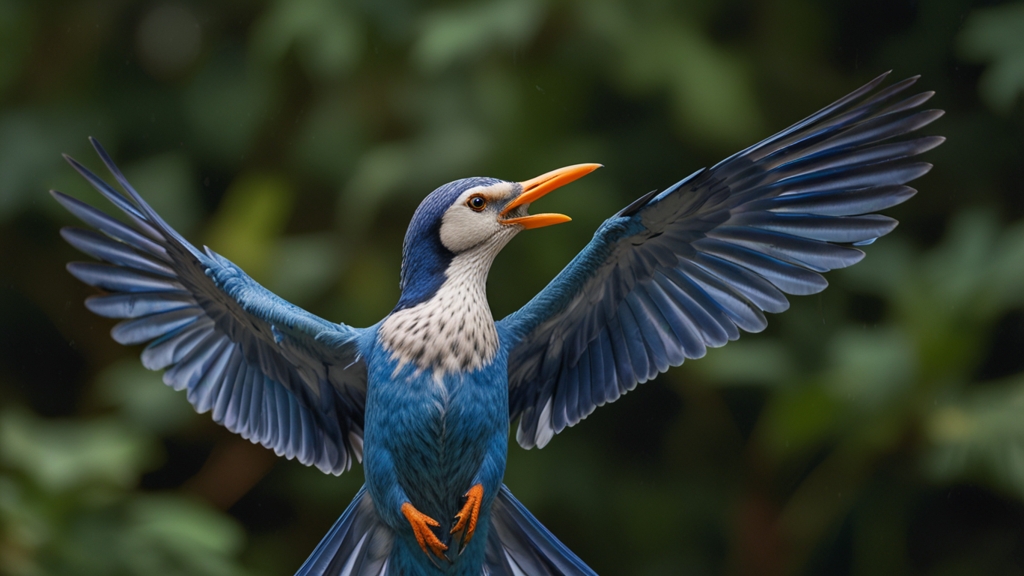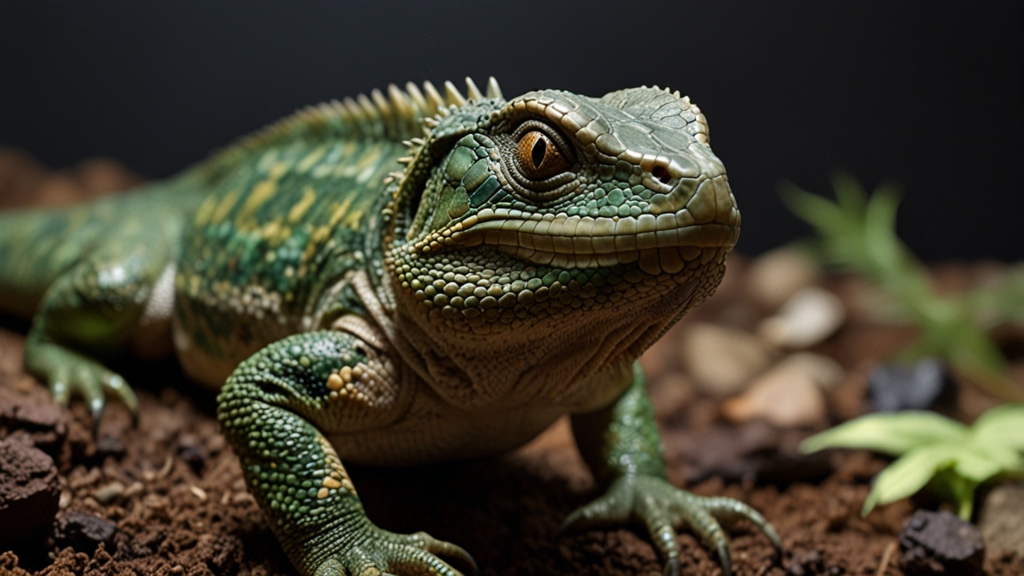How to Incorporate Mindfulness into Your Daily Life
Mindfulness, a practice rooted in ancient traditions, has surged in popularity in recent years as a powerful tool for managing stress, enhancing focus, and fostering a sense of well-being. Integrating mindfulness into your daily routine doesn't require grand gestures or extensive time commitments. Instead, it hinges on simple, consistent practices that can fit seamlessly into the flow of your day.
What is Mindfulness?
Mindfulness is the practice of bringing your attention to the present moment, fully engaging with your current activity without judgment. It's about observing your thoughts, feelings, and sensations as they occur, creating a space for reflection and growth. Practicing mindfulness can help you respond to situations thoughtfully rather than reacting impulsively.
Starting with a Morning Routine
One of the best ways to incorporate mindfulness into your life is to start your day with it. Upon waking, take a few moments to sit quietly and focus on your breath. Observe the sensation of the air entering and leaving your body. This simple practice can help set a calm tone for the rest of your day.
Mindful Breathing
Throughout the day, take short breaks to focus on your breathing. This can be as quick as a minute or two of deep, slow breaths. This helps to center your mind and reduce stress. If you find yourself feeling overwhelmed or anxious, mindful breathing can serve as an immediate grounding technique.
Mindful Eating
Another easy way to practice mindfulness is during meals. Often, we eat on autopilot, hardly noticing the flavors and textures of our food. Instead, try to savor each bite, paying attention to the taste, smell, and feel of the food. This practice not only enriches the eating experience but also promotes better digestion and a healthier relationship with food.
“When walking, walk. When eating, eat.” – Zen proverb
Mindful Movement
Incorporating mindfulness into your physical activities can deepen the experience. Whether you're walking, exercising, or doing household chores, try to keep your focus on the activity itself. Notice the sensations in your muscles, the rhythm of your movements, and your breathing. This practice can make even mundane tasks more engaging and fulfilling.
Mindfulness in Daily Conversations
Practicing mindfulness while interacting with others can significantly improve the quality of your relationships. Try to listen actively when someone is speaking to you, giving them your full attention without thinking about your response or getting distracted by other thoughts. This not only helps you understand them better but also makes them feel valued and respected.
“The present moment is filled with joy and happiness. If you are attentive, you will see it.” – Thich Nhat Hanh
Evening Reflection
Before going to bed, take a few moments to reflect on your day. Consider what went well, what challenges you faced, and how you responded to various situations. This reflection helps you learn from your experiences and fosters a sense of gratitude and accomplishment.
The Power of a Mindful Pause
Integrating brief mindful pauses into your day can have a profound impact on your mental clarity and emotional well-being. These pauses can be as simple as taking a moment to stretch, look out the window, or close your eyes and take a deep breath. These small acts of mindfulness can rejuvenate your mind and help you regain focus.
Conclusion
Incorporating mindfulness into your daily life is a journey rather than a destination. It's about creating a habit of presence and awareness that touches all aspects of your life. By embracing these simple practices, you can cultivate a more mindful, peaceful, and fulfilling existence.






